Mozart: Ave Verum Corpus for Piano Trio
 Instant Download
Instant Download
Details
Description
SKU: A0.549158
Composed by W. A. Mozart (1756 - 1792). Arranged by James M. Guthrie, ASCAP. Classical,Easter,Standards. Score and parts. 10 pages. Jmsgu3 #3454767. Published by jmsgu3 (A0.549158).
Ave verum corpus
First of all, Mozart composed a most noteworthy motet in Latin entitled Ave verum corpus. This translates in English as Hail, true body. The motet is certainly listed as K.618 in the Köchel Catalog. This is a chronological catalog of Mozart’s compositions consequently published by Ludwig von Köchel. Seems like Mozart probably composed this motet in the last year of his life. Likewise, he worked on his final opera, the Magic Flute, as well as his Requiem Mass at the time. Mozart wrote it for the feast of Corpus Christi. He scored it for SATB choir, string instruments, and a small organ. Hence, while the Requiem is a more melodramatic work, the motet expresses, even more, the Eucharistic thoughts with rather simple means, well-matched for the church choir in a small town.
Early Years
Wolfgang Amadeus Mozart (1756 – 1791), was a productive and significant Austrian classical composer. Mozart displayed unusual musical capability from his earliest childhood. It seems like he was already capable on the keyboard and violin at the age of two. He started composing at age five and performed before European royalty.
Middle Period
At 17, Mozart was working as a musician at the Salzburg Royal court but grew agitated from boredom and traveled to search for a more interesting job. While visiting Vienna in 1781, he was summarily dismissed from his Salzburg job. Nevertheless, he decided to stay in the capital (Vienna), where he achieved much fame but little economic haven. Throughout his concluding years in the Capital, he composed many of his most famous works: symphonies, operas, and concertos.
Final Period
The conditions surrounding his death have been much the subject of much conjecture and mythology. He composed more than 600 works, many recognized as high points of symphonic, chamber, concertante, choral, and operatic. He is among the most everlastingly popular classical composers, and his impact is substantial on succeeding Western art music.
This product was created by a member of ArrangeMe, Hal Leonard’s global self-publishing community of independent composers, arrangers, and songwriters. ArrangeMe allows for the publication of unique arrangements of both popular titles and original compositions from a wide variety of voices and backgrounds.
Digital Downloads are downloadable sheet music files that can be viewed directly on your computer, tablet or mobile device. Once you download your digital sheet music, you can view and print it at home, school, or anywhere you want to make music, and you don’t have to be connected to the internet. Just purchase, download and play!
PLEASE NOTE: Your Digital Download will have a watermark at the bottom of each page that will include your name, purchase date and number of copies purchased. You are only authorized to print the number of copies that you have purchased. You may not digitally distribute or print more copies than purchased for use (i.e., you may not print or digitally distribute individual copies to friends or students).
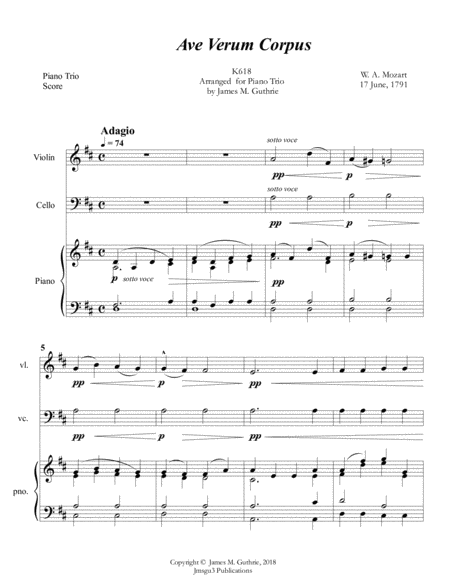
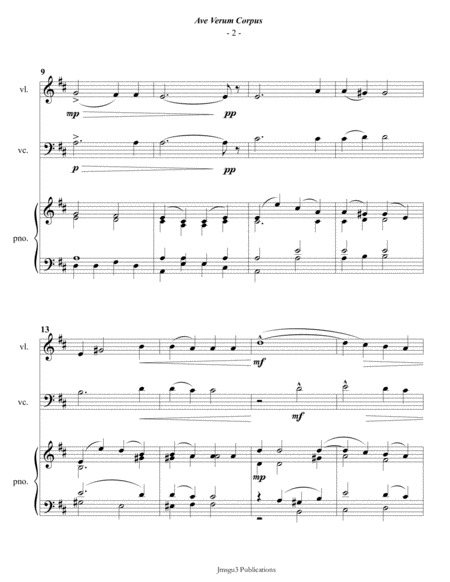
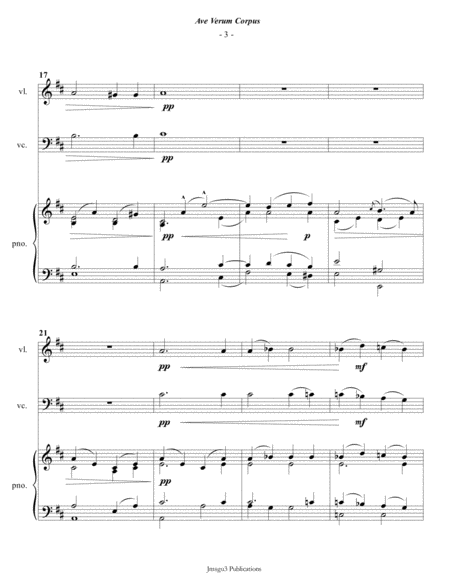
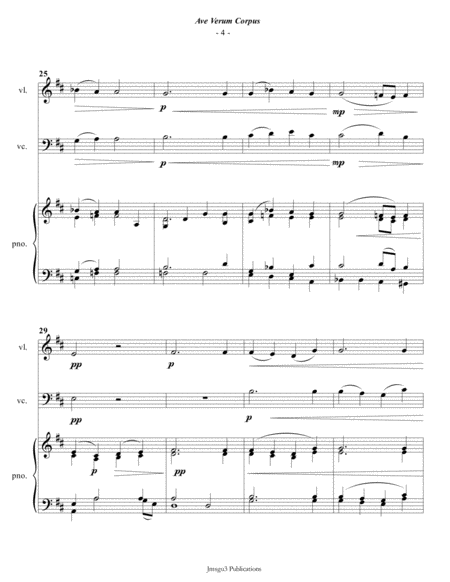
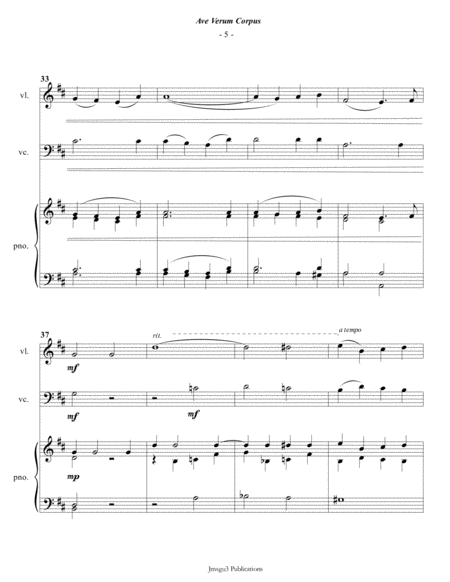
 Share
Share